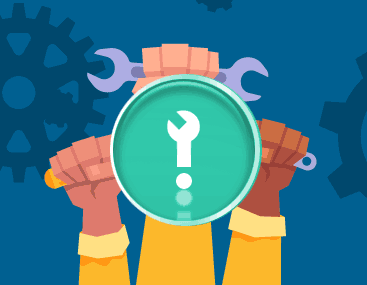Understanding Drain Responsibility in Condo Complexes: Who Handles What?

Navigating the waters of condo living can be smooth sailing until you encounter an unexpected issue: drainage problems. Whether it's a clogged kitchen sink or a backed-up main line, understanding who is responsible for which drain in a condo complex is crucial for a quick and efficient resolution. This article will shed light on the common queries about drain responsibility, helping condo owners and residents understand their obligations and rights.
The Divide: Individual vs. Common Drains
In condo complexes, the plumbing system is typically divided into two main categories: individual and common drains. Individual drains are those that serve a specific unit, including sinks, toilets, and showers within that unit. Common drains, on the other hand, are shared by multiple units and include vertical stacks, main sewer lines and external drainage systems.
Individual Drain Responsibility
As a general rule, individual condo owners are responsible for the maintenance and repair of plumbing fixtures and drains within their own units. This includes addressing clogs, leaks, and any other issues that arise within the pipes and drains that serve only their unit. It's important for condo owners to regularly maintain these fixtures to prevent issues that could lead to more significant problems affecting the broader complex.
Common Drain Responsibility
The condo association typically takes responsibility for common drains. These are the larger drainage systems that handle water flow from multiple units. The maintenance, repair, and cleaning of these drains are usually covered by the association's fees collected from all the owners. Issues with these drains can affect several units and require professional attention to resolve. It's crucial for residents to report any signs of common drain issues to the condo association or property management as soon as possible.
Navigating Grey Areas
There can be grey areas where it's not immediately clear who is responsible. For example, if a blockage in an individual unit's drain causes problems in the common drainage system, determining responsibility can be complex. In these cases, the condo association's bylaws and the specifics of the situation will dictate the course of action. It's always advisable to consult with the association or plumbing company, or a legal advisor for clarification.
Preventive Measures and Tips
- Regular Maintenance: Regularly clean and maintain individual drains to prevent blockages. Simple habits like using drain strainers and avoiding pouring grease down the sink can prevent many common issues. For more information you can read more about drain cleaning tips.
- Professional Inspections: Consider periodic inspections by a professional plumber to identify and address potential issues before they become serious.
- Know Your Bylaws: Familiarize yourself with your condo association's bylaws and rules regarding plumbing and drain responsibility. Knowing these guidelines can help you navigate any issues more effectively.
- Communication is Key: Communicate promptly with your condo association or property management if you suspect a problem with common drains. Early intervention can prevent larger issues.

Understanding the delineation of responsibilities for drains in a condo complex is crucial for maintaining a harmonious living environment. By knowing who is responsible for which drains, residents can address issues promptly and efficiently, ensuring the longevity and functionality of the complex's plumbing system. Always remember, when in doubt, refer to your condo association's bylaws and don't hesitate to contact us at 514-316-1043 to seek professional advice.
What our clients have to say
After a disastrous flood in my kitchen, Montreal 5 Star Plumbing came to the rescue. They were sympathetic, quick to act, and fixed the problem faster than I could've hoped for. Truly lifesavers!




